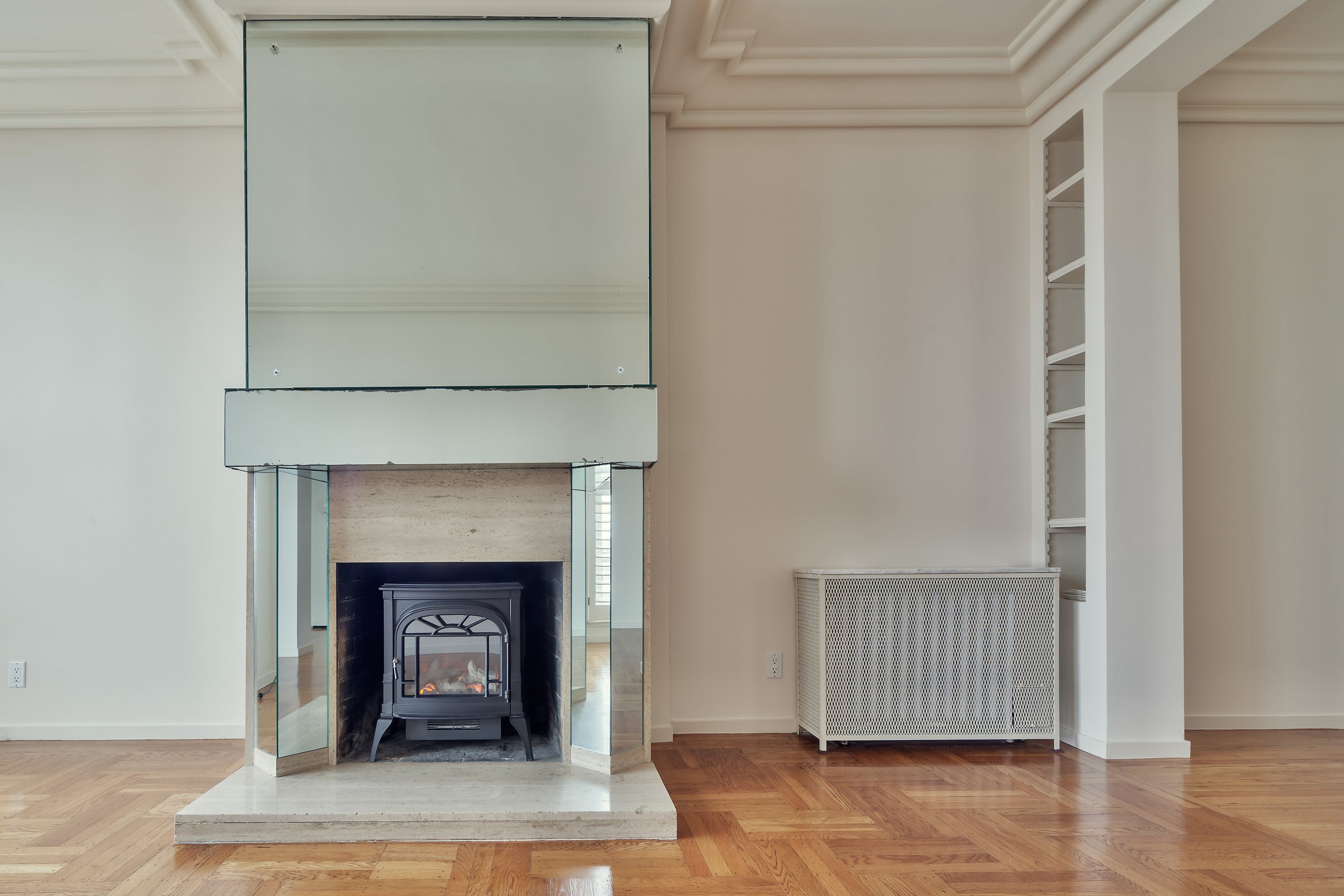Sarasota Insurance Agency >> blog

A standard homeowners insurance policy will usually cover your primary residence against covered perils or risks listed in your policy. However, most homeowners insurance providers will not cover vacant or unoccupied homes. If a home has been vacant or unoccupied for a while, it is susceptible to vandalism, squatters, and other hazards, so the home is considered more of a liability.
But if you have a home not being occupied full-time, an option for you is unoccupied or vacant home insurance.
There are many reasons why your home may be unused for some time. You might be selling your home or doing renovations that require you to move out. However, because no one is there to watch your property, it is more susceptible to theft or natural disaster damage.
As a result, you'll need separate coverage. Many homeowners insurance providers offer vacant and unoccupied home insurance as an add-on rider or endorsement. Some homeowners insurance companies may not renew your homeowners policy if your home is left vacant or unoccupied without coverage, according to the International Risk Management Institute (IRMI).
If you have personal belongings in your home, your property is considered unoccupied. But if there are no belongings left in the home, it is considered vacant. Check with your homeowners policy regarding what is considered unoccupied and vacant, as it varies by provider.
Coverage varies based on your home insurance provider, but a typical vacant insurance policy may cover your home against these perils:
According to Insurance Information Institute (III), many homeowners insurance providers will not insure you if your home has been empty for 30 days and no new residents have moved in. However, some insurers may offer a vacancy permit if requested before the 30 days expire. This permit allows the policyholder continued coverage of their standard homeowners insurance. Check with your homeowners insurance provider to see if this is an option.
Here are some scenarios where unoccupied or vacant home insurance would make sense for you:
If you have a vacation home, you might also consider insuring it. However, second and vacation home insurance is different from unoccupied or vacant home coverage. Second and vacation home insurance can cost 10% to 20% more than your standard homeowners insurance policy. Also, many second homes are used as short-term rentals — adding another layer of liability.
Your current homeowners insurance company may offer vacant home coverage as an endorsement or rider. However, some companies that offer unoccupied or vacant home policies are State Farm, Farmers Insurance, Foremost (a Farmers Insurance company), and American Family Insurance.
Vacant or unoccupied home insurance is typically offered for three- or six-month terms. A vacant or unoccupied home will be more expensive to insure than a standard homeowners insurance policy because of the risk. According to Loretta Worters, vice president of the III, unoccupied home insurance could cost 50-60% more than a standard home insurance policy.
According to the most recent data from the III, the average annual premium in the US in 2019 was $1,272. So the average unoccupied or vacant home insurance could cost between $1,900 to $2,100.
Upon determining you need vacant or unoccupied home insurance, speak to your provider to see if they have cover unoccupied or vacant homes. Alternatively, you could shop and compare the prices of home insurance companies that offer this coverage.
You will then need to estimate the vacant or unoccupied home's value and, if applicable, the items' value inside your home.
Standard homeowners insurance policies typically use "replacement cost" when compensating for a claim. Replacement cost is the cost to replace the item with a new or used product.
Actual cash value (ACV) considers the depreciation of the item. For example, if a five-year-old leather sofa is damaged by fire, the actual cash value considers the age of the sofa to calculate its ACV. The ACV is usually lower than the replacement cost value amount. Many unoccupied or vacant home insurance policies use actual cash value.
The cost to insure unoccupied or vacant homes could get quite expensive as it is more of a liability than your full-time, primary residence. But there are still ways you might be able to save on your policy.
2022-05-13 17:41:52